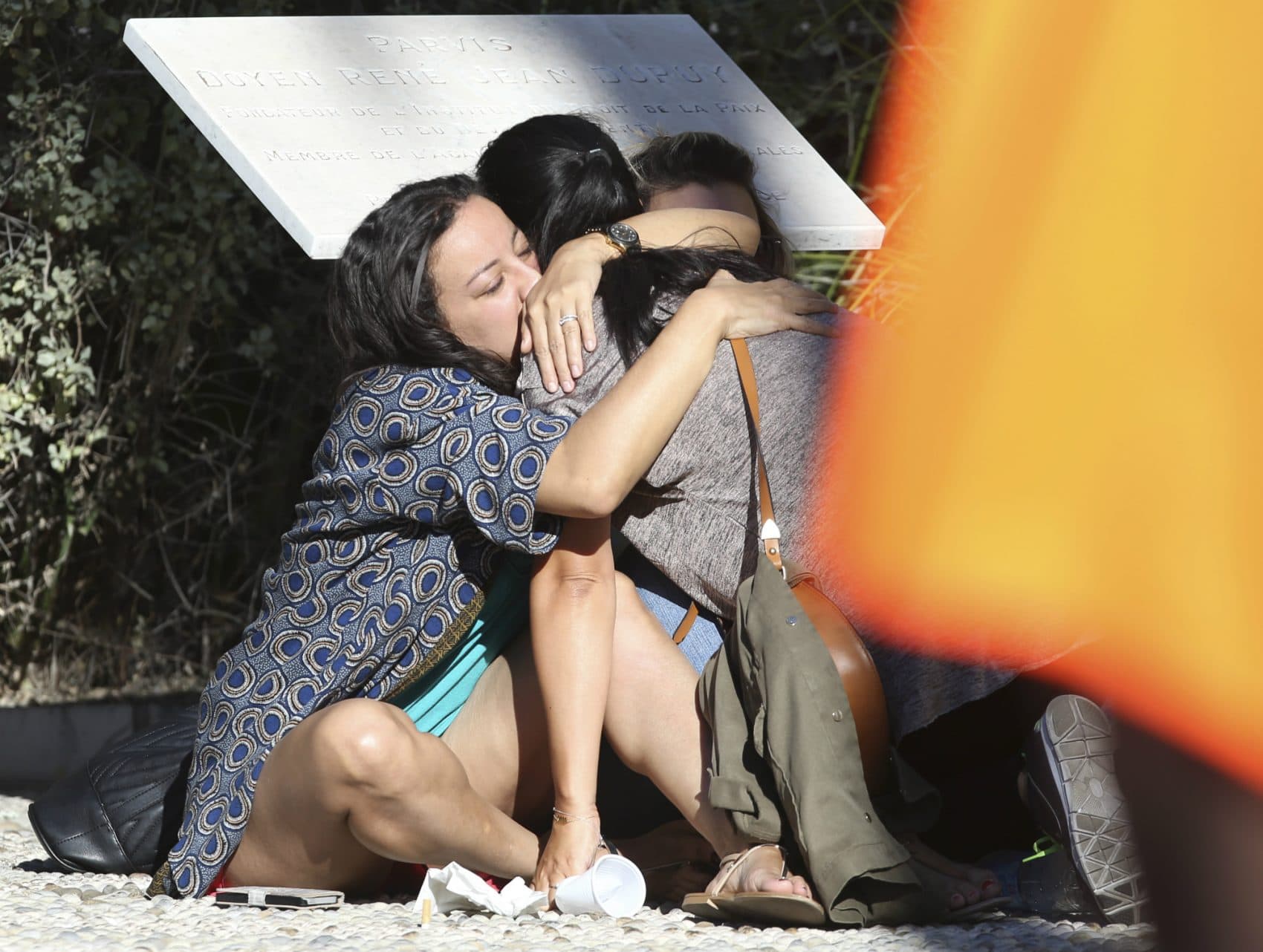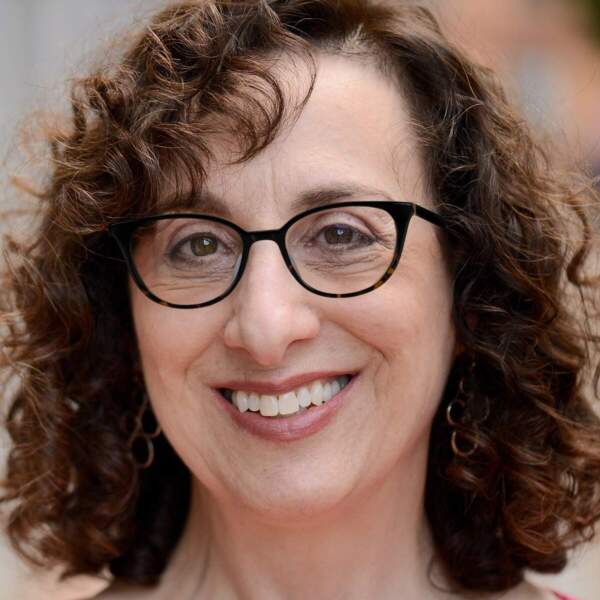Advertisement
When Breaking News Breaks Your Spirit, Is It OK To Tune Out?

After 25 minutes of meditation Thursday evening, I felt relaxed and rested. Or at least relatively relaxed, given the level of global stress we’ve been experiencing of late. With dinner on the table, I turned on the “CBS Evening News.” I like watching at the tail end, when they air an upbeat human-interest story. I was eagerly awaiting “Wheel of Fortune” when Scott Pelley said something like, “and of course we’ll continue our coverage of the attacks in Nice.”
It was like a punch to the stomach. What attacks? What did I miss? I’ve only been offline for an hour! I felt that awful, familiar adrenaline rush. Then that awful, familiar sense of dread, and also resignation. I held my breath and braced myself for yet another trauma. What now? What more?
“My desire to be well-informed is currently at odds with my desire to remain sane.”
David Sipress
I switched to CNN and watched briefly to gather the bare facts. Horror, horror. More horror. Every day, more horror.
In that moment, I knew I had a choice. I could stare at the TV, absorbing the words and images, the questions and speculations, the breathless eyewitness accounts. I could steel myself in the face of warnings about videos with “disturbing, graphic images” and bear witness. To see what happened. To be an informed person on this planet at this disturbing, graphic time.
I grew up in the 1960s with a news-junkie father. I was taught to be aware of world events, thoughtful about their implications. As an executive at Radio Liberty/Radio Free Europe, Dad had at least one radio blaring at all times and sometimes the TV too. Later, when I’d visit my parents as an adult, I’d arrive at the breakfast table, still bleary-eyed. Before I could even eat my Cheerios, Dad would say, “Here, read this,” shoving a carefully curated pile of articles from the New York Times across the table.
So, for me, it feels like sacrilege to turn off the TV or radio, especially when there’s “breaking news.” It’s like that David Sipress cartoon that’s making the rounds: “My desire to be well-informed is currently at odds with my desire to remain sane.”
Exactly. So, is it OK to protect ourselves from the relentless onslaught of tragedy, violence, injustice, terror, and still be a caring, involved person? What is the cost of so much exposure to traumatic events and images?
I am saturated. I am traumatized. I can’t watch anymore.
If I tune out, it doesn’t mean I don’t care about the world. Call it privilege or call it self-preservation. I care. I care about Nice and Baton Rouge and Baghdad and St. Paul and Brussels and Baltimore and Istanbul and Dallas and Jerusalem and Orlando, and on and on and on.
I am saturated. I am traumatized. I can’t watch anymore. At least not for a while. And I still care.
I took a deep breath and cranked the volume on “Wheel of Fortune.” And today I will walk by the river and notice the trees and listen to the birds and feel my feet on the ground.
